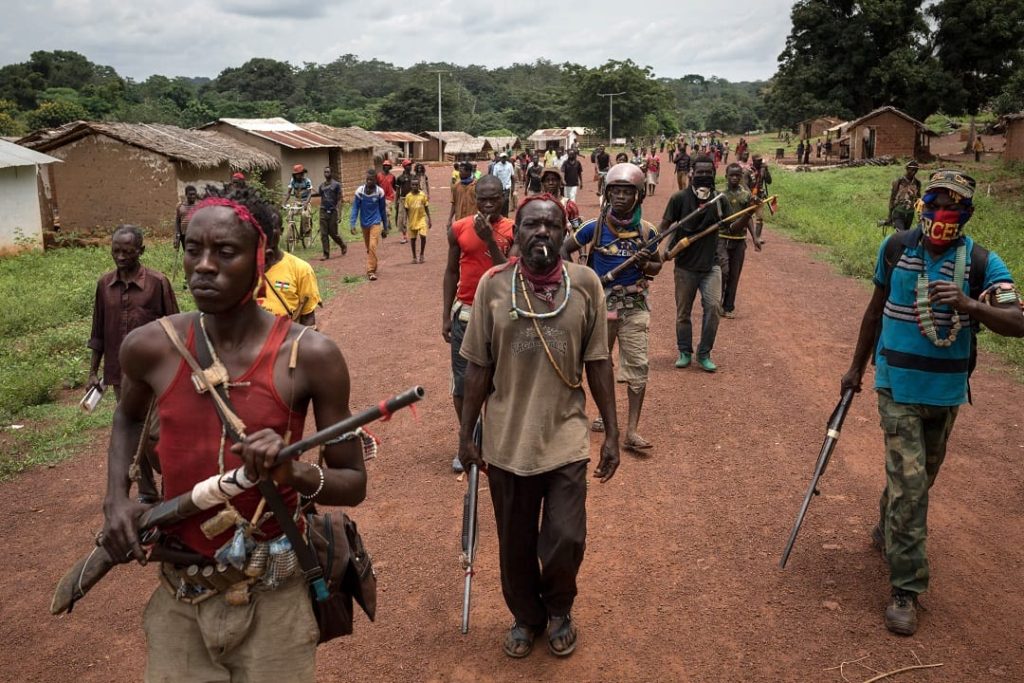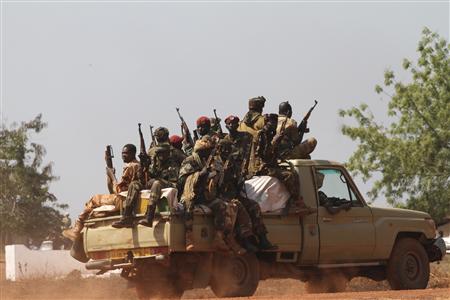The Central African Republic (CAR) government has issued an appeal for the country’s main rebel group, the Coalition of Patriots for Change (CPC), to rejoin peace talks following recent internal strife within the group. The call comes after one of the CPC’s leaders expressed a willingness to negotiate, a move that has sparked tensions within the rebel coalition.
“The Central African government… encourages all CPC leaders to return in earnest to the overall peace and security process,” stated Jean Willybiro-Sako, the minister responsible for overseeing the 2019 peace and reconciliation agreement, in a statement on Thursday.
At the end of July, Ali Darassa, who was then serving as the chief of general staff for the CPC, announced his decision to cease all hostilities across the country and indicated his openness to resume peace talks negotiations with the government. His declaration came just two days after President Faustin Archange Touadera urged the rebels to “lay down their arms,” promising that they would be “welcomed back with open arms.”

Darassa’s stance was not well received by CPC leader and exiled former president François Bozizé, who responded by dismissing Darassa from his position, citing notorious indiscipline and actions counter to the coalition’s objectives.
Despite the internal conflict, Willybiro-Sako urged Darassa to participate in the peace process, encouraging him to officially designate his representatives for the next stages of the process and to provide an inventory of his military personnel and resources in preparation for disarmament and demobilisation.
The Central African Republic, ranked as the second-least developed country in the world by the United Nations, has been embroiled in civil war since 2013. The conflict began after Bozizé, who took power in a 2003 coup, was ousted by a Muslim-dominated armed coalition known as the Seleka. Now living in exile in Guinea-Bissau, Bozizé is wanted by a UN-sponsored tribunal in the CAR for possible crimes against humanity.
Although fighting has decreased significantly since 2018, the country still experiences sporadic violence. Last month, the UN Security Council lifted an arms embargo imposed in 2013 but maintained a ban on arms sales to non-governmental armed groups for another year.
The UN Stabilisation Mission in the CAR reports that 4,800 individuals have already surrendered their weapons. However, the nation, a former French colony, continues to grapple with violence from rebel groups and conflicts over its abundant natural resources, including gold and diamonds.


